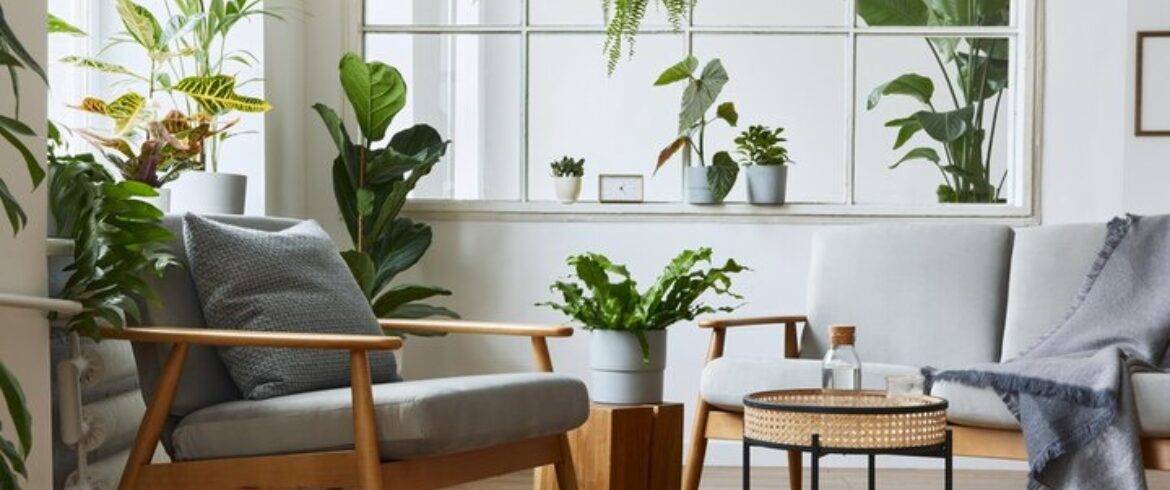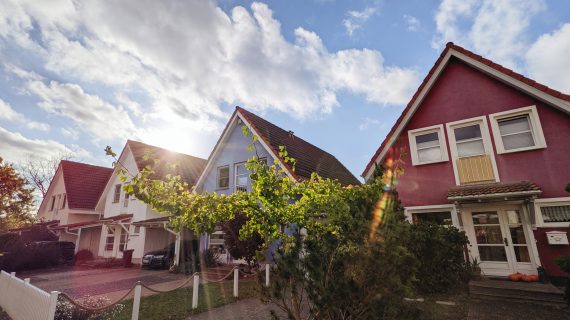Have you ever thought of turning your home into an Ecobnb? Find out how to do it, how much it pays to focus on sustainability and what are the advantages of creating an eco-friendly accommodation compared to a traditional one
Let’s start with a letter sent to us by one of our readers:
“Hi, I would like to start by saying that your website and business is impeccable and innovative. There is nothing like it and I really appreciate the progress you are making for sustainable travel. I have questions about converting my home into an Ecobnb and the added value it would create.
- How much more does an eco-friendly house earn compared to a standard one?
- On average, how much more can an eco-friendly house earn per year compared to a standard rental?
- Would eco-friendliness increase the value of my property? If yes, by how much?
- And finally, what qualifies an accommodation as eco-friendly?
Thank you for your help.
We answer the questions to find out how much it pays to turn a holiday home into an Ecobnb and how to make your accommodation more eco-friendly!
How much more can you earn with eco-friendly accommodation?
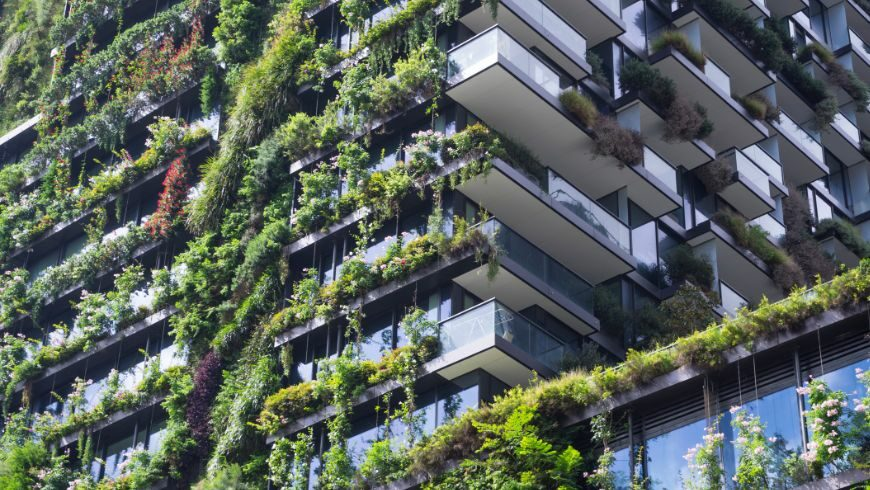
The amount of additional revenue an eco-friendly establishment can generate per booking compared to its standard counterpart will depend on various factors. Some of these are location, rental rates in the area, and the services provided by the accommodation.
However, in general, eco-friendly rentals may command higher prices due to the growing demand for sustainable travel options. According to a 2020 Booking.com survey, 82% of global travellers said they would prefer to stay at least once in green accommodation. Meanwhile, 70% of travellers said they were more likely to book environmentally friendly accommodation.
In terms of specific differences in turnover, a study conducted by Airbnb found that hosts who designated their properties as eco-friendly had an average 10% increase in turnover per booking. Another study conducted by Booking.com found that guests are willing to pay up to 10% more for holiday homes that adopt sustainable practices.
We can conclude that, although the exact increase in revenue is variable, offering ecological features in an accommodation can potentially lead to a significant increase in profits.
What are the additional annual revenues generated by an eco-friendly accommodation?
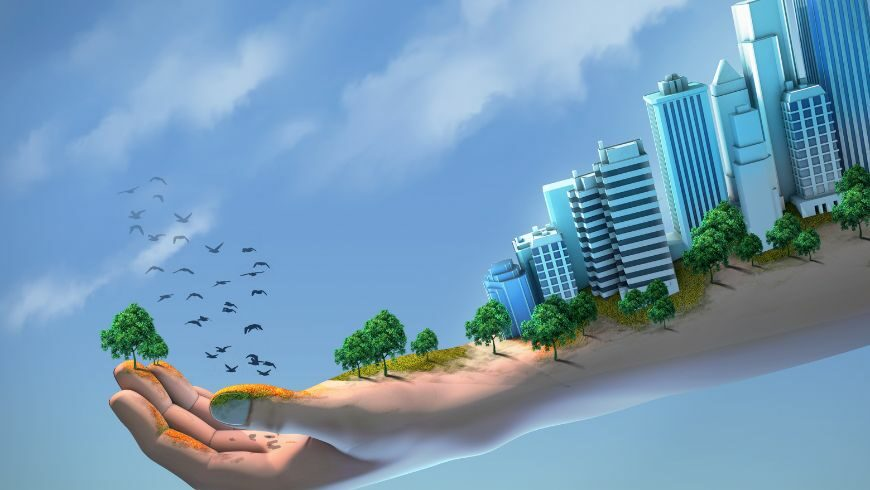
As we have already mentioned, the additional income generated by an ecological holiday home compared to a normal one depends on various factors, such as location, rental rates in the area, and services.
However, to give a general idea, a study by Airbnb found that hosts who listed their properties as eco-friendly had an average revenue increase of 10% per booking. Assuming that a green property has a similar number of bookings as a normal property and that rental rates are similar, this could translate into 10% more revenue per year.
In the report, published by Airbnb in 2019 and titled ‘From Booking to Check Out: An Airbnb Host’s Guide to Hospitality‘, Airbnb analysed data from a sample of more than 400,000 listings worldwide. They discovered that hosts who identified their listings as eco-friendly had an average 10% increase in bookings compared to those who did not. The report also pointed out that the eco-friendly designation was determined by the host and that the specific criteria for being eco-friendly were not defined or verified by Airbnb.
For example, if a normal rental property generates €50,000 in revenue per year, an eco-property with similar rental rates and booking frequency could potentially generate an additional €5,000 in revenue per year, bringing the total revenue to €55,000.
It is important to note that this is only an estimate. The actual increase in revenue may vary depending on the specific circumstances of each rental property. In addition, the cost of implementing green features and practices may vary from property to property, which could affect the net increase in revenue.
Can eco-sustainability increase the value of your property?
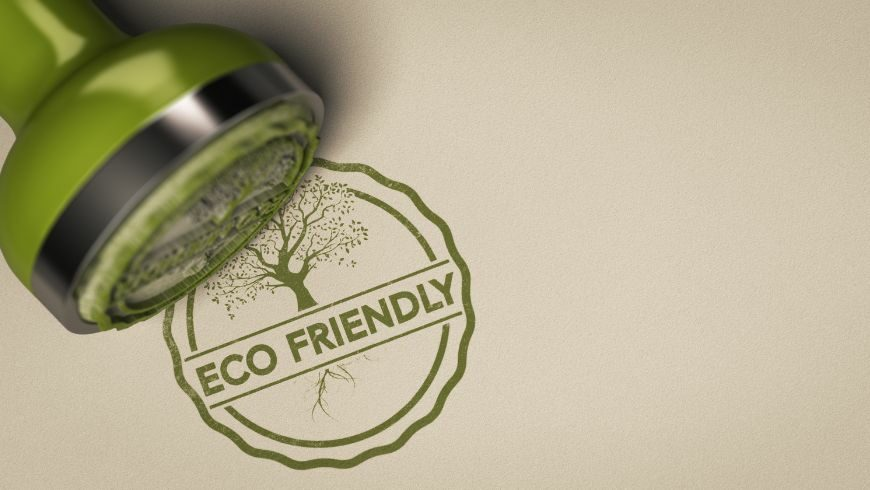
Turning your house into an ecological holiday home can increase the value of your property. It is not easy to define the added value created. It depends on the quality of the accommodation and the extent of the ecological features implemented.
In general, ecological implementations such as energy-efficient appliances, solar panels, and sustainable building materials can increase the overall value of a property by reducing long-term running costs and promoting sustainability. Furthermore, offering sustainable and environmentally friendly services is attractive to potential buyers and can increase the perceived value of the property.
A study by the National Bureau of Economic Research (Urbanisation in the United States, 1800-2000) found that energy-efficient homes had an average price increase of 3. 5% compared to non-energy-efficient homes. Another study by the University of California, Berkeley found that photovoltaic panels added an average of $15,000 to the resale value of homes.
Even though there is no specific data on how much an ecological conversion can increase the value of a property, it is reasonable to expect that the additional income generated by the activity and the added value of the ecological features will increase the overall value of the property.
When can a house be called eco-friendly?
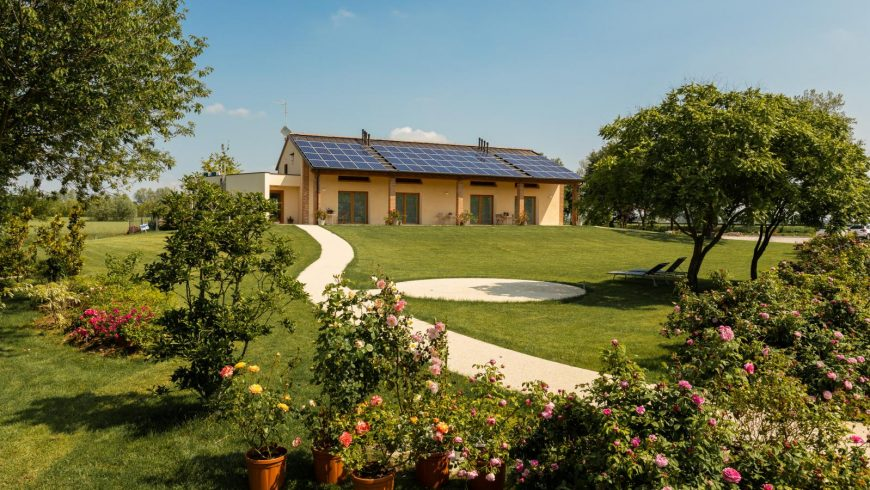
The qualifications of an eco-friendly property may vary. In general, however, an eco-friendly home is designed and managed with the goal of minimizing its impact on the environment. Here are some common characteristics and practices that can qualify a property as eco-friendly:
- Energy efficiency: Includes the use of energy-efficient appliances and lighting, insulation, and the use of renewable energy sources such as photovoltaic panels or micro wind power.
- Water conservation: Includes the use of taps with flow reducers and rainwater harvesting systems.
- Sustainable building materials: Includes the use of environmentally friendly, renewable, recycled, and locally sourced materials.
- Waste reduction: Includes implementing recycling and composting programs, reducing single-use plastics, and implementing environmentally friendly cleaning practices.
- Sustainable transport: Includes offering guests bicycle hire, electric vehicle charging stations, and access to public transport.
- Eco-friendly services: Includes the use of organic or locally sourced food and beverages and the offer of eco-friendly cleaning products.
These are just some of the eco-friendly features and practices that can contribute to making a building eco-friendly. The specific criteria for an eco-friendly building may vary slightly depending on the certification program chosen, such as Green Key or Ecolabel certification.
What are the green criteria for turning your house into an Ecobnb?
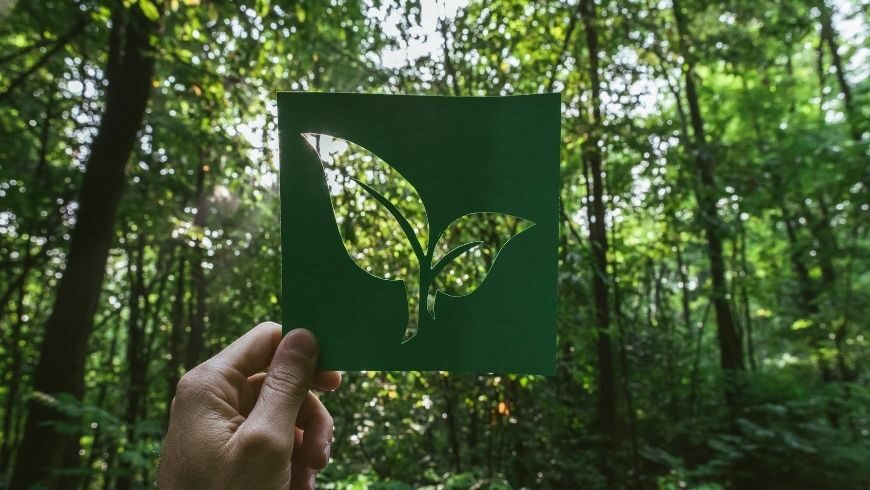
Ecobnb is the main network of sustainable accommodations that meet specific environmental, social, and economic criteria. The main criteria for being an Ecobnb are:
- Environmental criteria: The property must implement measures to reduce its impact on the environment, such as the use of renewable energy sources, energy-efficient appliances and water-saving measures. The property must also reduce waste, use environmentally friendly cleaning products and encourage sustainable transport options.
- Social criteria: The property must demonstrate a commitment to social responsibility, such as promoting cultural heritage, respecting local communities and supporting local businesses.
- Economic criteria: The property must be economically sustainable, for example by supporting the local economy and ensuring fair working conditions for employees.
- Guest education: The property must educate guests on sustainable practices and encourage them to participate in sustainable activities during their stay.
To become an Ecobnb, a property must complete a self-assessment questionnaire and provide documentation to verify that it meets the criteria. The property is then assigned a sustainability score expressed in the number of green leaves, from 1 to 5. To be part of the network, each Ecobnb must maintain its own sustainability practices. In addition, all accommodations are encouraged to implement new green practices.
What green actions will make your property an Ecobnb?

A frequently asked question is: what do I have to do to turn my holiday home into an Ecobnb? To be part of the leading network dedicated to eco-friendly hospitality, you need to implement at least 5 of these 10 green actions:
- Use clean energy: Use energy from 100 percent renewable sources, either by installing photovoltaic panels or by choosing green energy suppliers.
- Reduce energy waste, for example, by replacing traditional light bulbs with LED bulbs, which consume less energy and last longer.
- Bio-architecture, using ecological building materials, such as sustainably sourced wood, natural materials, or recycled materials, follow the principles of bio-architecture to reduce the building’s energy consumption to less than 60 kwh/sqm, which corresponds to an energy class A or B.
- Reduce water consumption by installing low-flow taps and showers
- Recover water by installing a rainwater collection and reuse system.
- Promote sustainable mobility by offering your guests the possibility of arriving by public transport, a transfer service, bike, e-bike, or car sharing.
- Use environmentally friendly bathroom and cleaning products that are less harmful to the environment and health.
- Reduce waste by using separate waste collection containers, sorting over 80% of waste and composting organic waste.
- Use organic and locally sourced products when preparing breakfasts and meals, choosing seasonal and short-supply chain products.
- Use solar panels for hot water production.
These are the 10 main characteristics of Ecobnb, to which you can add several other recommended good practices. Among these, it is certainly crucial to make your guests aware of sustainable practices, providing them with information on ecotourism opportunities and how to reduce their environmental impact during their stay.
Are you ready to turn your home into an Ecobnb?
